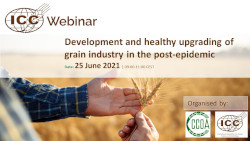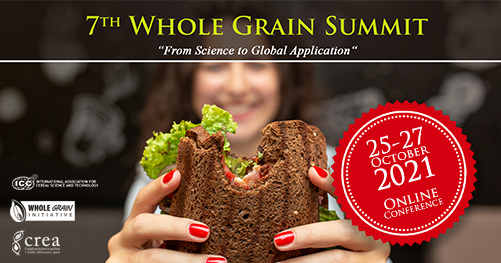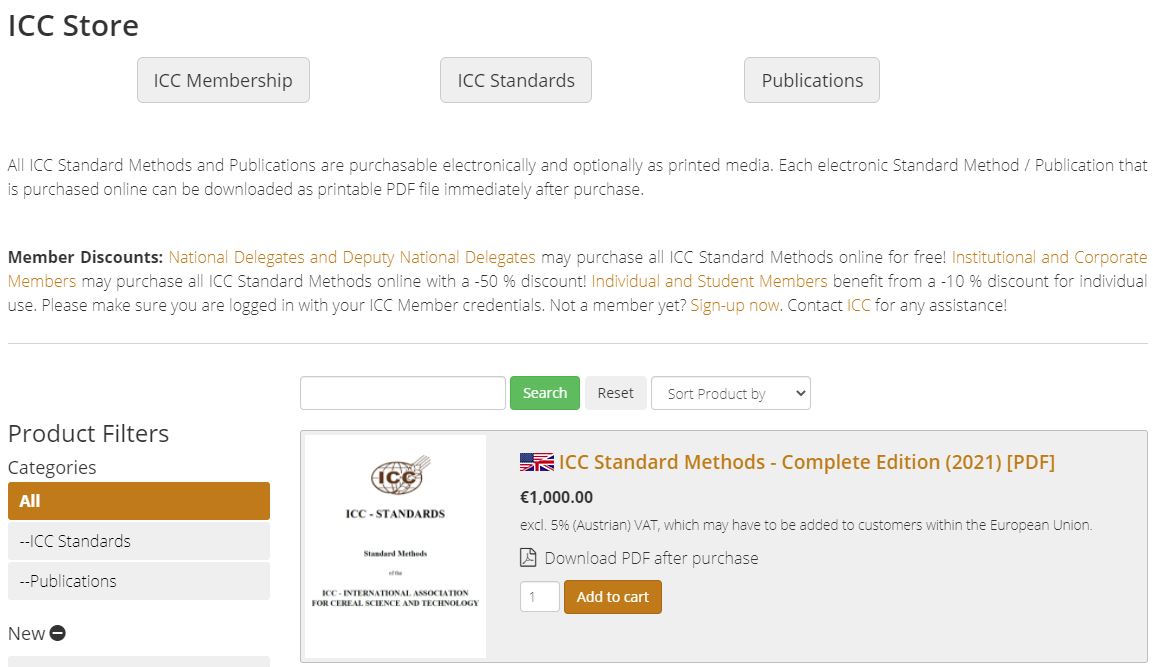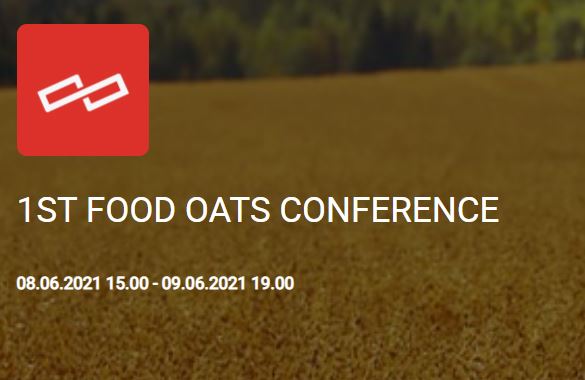In order to promote the development and healthy upgrading of the food industry in the post epidemic era, CCOA and ICC invited three experts to discuss about coarse cereals, rice and plant protein.
This meeting is open to experts, scholars and enterprise representatives of the grain industry, as well as people interested in the development and healthy upgrading of the grain industry. You will learn about the latest research achievements and development trends in the field of food.
Speakers:
Prof. Xinzhong Hu - "Processing technology innovation and Glycemic Index evaluation of Coarse Cereals" - Shaanxi Normal University | China
Prof. Jian Xie - "Healthy development of rice industry in China in the post epidemic Era" - China Grain Wuhan Scientific Research & Design Institute | China
Prof. Yuanrong Jiang - "Upgrading and innovation of plant protein industry" - Wilmar Global R&D Center | China
Moderator:
Ms Yanxia Yu - Deputy Secretary General of the Chinese Cereals and Oils Association
This webinar will be held in English and is free of charge for ICC Members. In case you did not receive your discount code, please contact the ICC Headquarters! Not an ICC Member yet? Please enter https://icc.or.at/membership to your browser and check the options!
This webinar will be recorded and available on demand for ICC members in the members' area.
Read more and register - CLICK HERE






